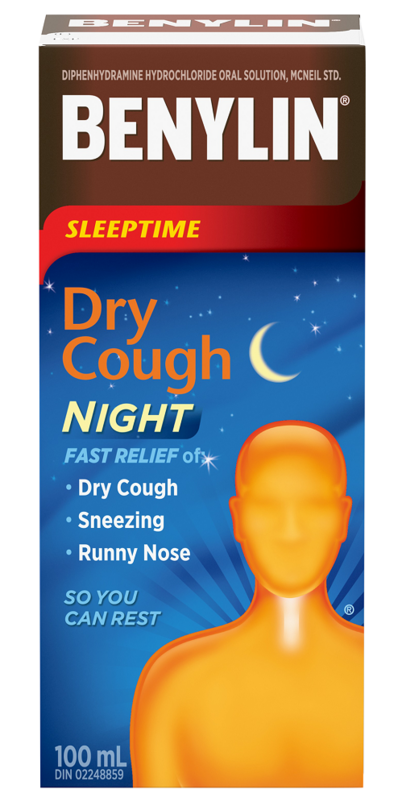

If you would like to consult with a physician about a nagging cough, or for any other reason, please feel free to contact or visit South Tampa Immediate Care. This might silence your cough long enough for you to fall asleep.

That’s because sleeping in this position can allow you to take advantage of the effects of gravity to keep your throat clear of postnasal drainage. Elevate your head – Propping yourself up with a few pillows or relaxing in a recliner chair might do the trick.Take over-the-counter medications – A cough suppressant can block the cough reflex and reduce the urge to cough, and an expectorant can help clear mucus.Proper hydration can also serve to thin mucus. Keep water at your bedside – Drinking water can help soothe your throat and halt a coughing fit.However, keep in mind that too much moisture can allow cough-inducing allergens like dust mites and mold to thrive. Try using a humidifier – If the air in your bedroom is too dry, a humidifier might help your cough.Avoid moving air – Turn off your ceiling fan and redirect your heater or air conditioner vents if they blow air toward your face while you’re lying in bed.Drink hot, decaffeinated tea with lemon and honey before bed – Warm beverages can help quiet a cough by breaking up mucus in the airways, and honey is a natural cough suppressant.To help you get some rest, here are some things you can do to soothe your itchy throat and clear your irritated airways: However, it can severely limit your ability to get a good night’s sleep. On the other hand, if you’re generally healthy, a nighttime cough is probably not a cause for alarm. If a cough is accompanied by a fever or other symptoms, or doesn’t improve within a week, it’s best to see a doctor to rule out infections like pneumonia, bronchitis, and whooping cough. The common cold can also lead to post-nasal drip that triggers a persistent cough. Coughing can be caused by many factors, including allergies, asthma, acid reflux, some medications, and, of course, smoking.


 0 kommentar(er)
0 kommentar(er)
